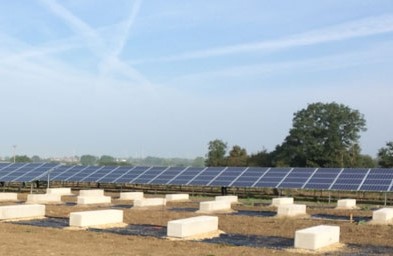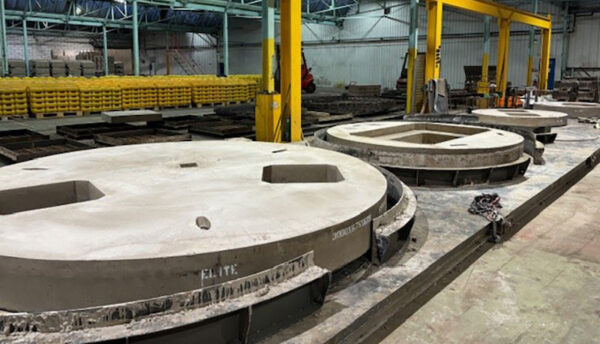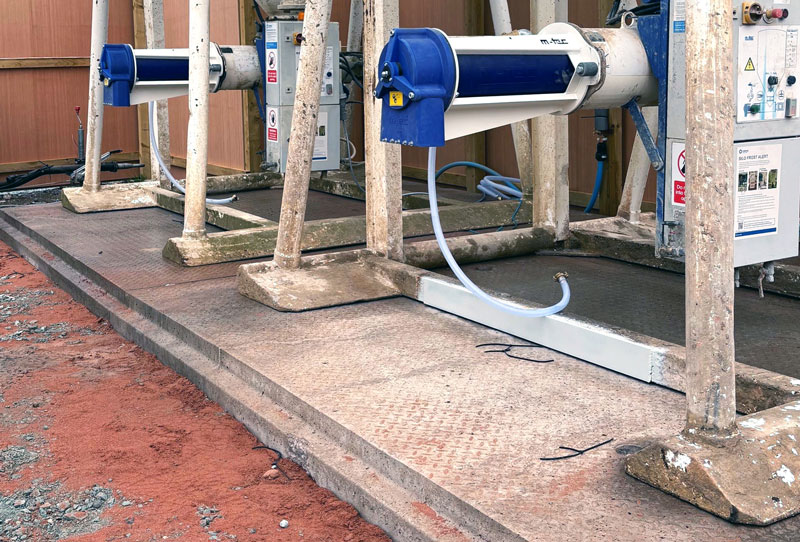Financial Incentives
- Solar farms can offer landowners a stable, long-term income stream.
- Some farmers are being offered up to £1,000 per acre annually for solar leases.
Environmental Impact
- Solar energy plays a crucial role in reducing carbon emissions and combating climate change.
- Ed Miliband and the Labour Government aim to quadruple the UK’s solar power capacity, positioning the country as a “clean energy superpower.”
Considerations and Concerns
Food Security
- There are concerns about the loss of productive farmland for food production.
- The UK currently produces only 60% of its own food.
Land Use
- As of 2022, ground-mounted solar installations occupy just 0.1% of UK land.
- The National Farmers’ Union (NFU) supports solar development, provided it is balanced with concerns over food security.
Reversibility
- Certain solutions, such as using solar ballast blocks, make it easier to return land to agricultural use if necessary.
Balancing Factors
- Solar farms are generally preferred on lower-quality agricultural land.
- Local planning authorities consider various factors when approving solar projects, including the impact on food production and the environment.
Diversification
- Solar farms provide an opportunity for farmers to diversify their income streams, helping to maintain farm profitability.
Biodiversity
- Some argue that well-managed solar farms can enhance biodiversity, benefiting local ecosystems.
Before making a decision, it’s important to consider your long-term goals, the quality of your land, and the potential effects on both your farm and the wider community.
Consult with local planning authorities and agricultural advisors to fully understand the implications of converting land for solar use.
Visit the Elite Precast Concrete Ltd website for more information on https://www.eliteprecast.co.uk/thinking-of-changing-your-agricultural-land-to-solar/






